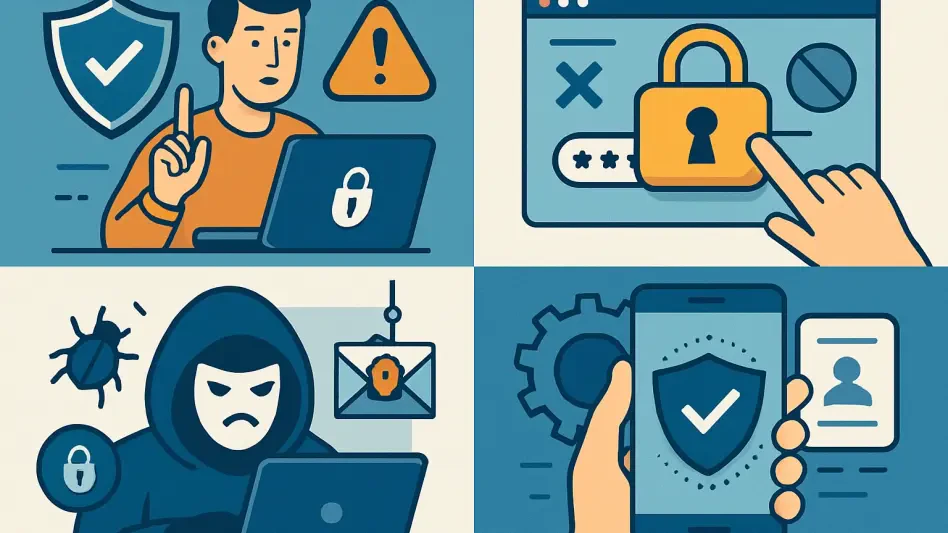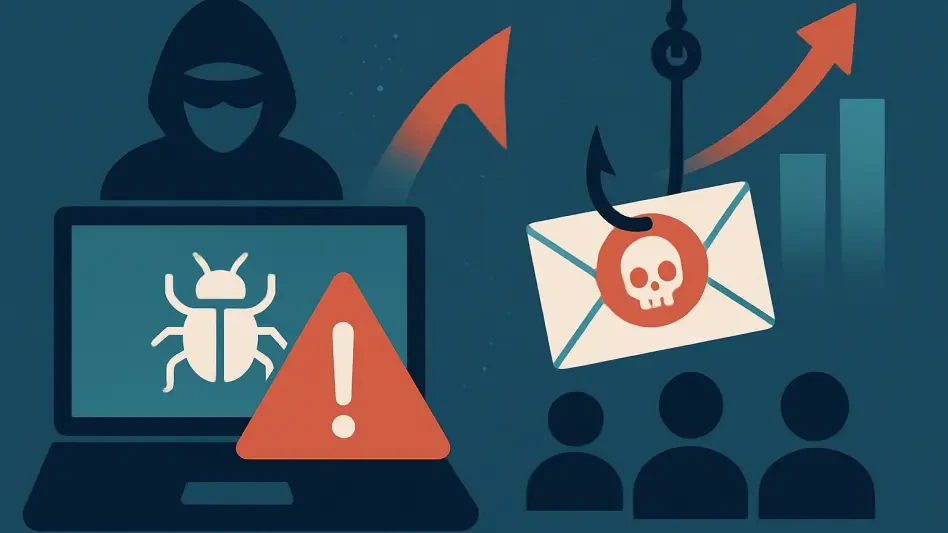In an era where digital connectivity shapes nearly every aspect of daily life, the alarming rise in cyber threats has become a pressing concern for individuals and businesses alike, with millions of people falling victim to online fraud and data breaches each year. The Better Business Bureau (BBB) has stepped forward with vital guidance to help consumers navigate this treacherous landscape. As part of National Cybersecurity Awareness Month, a collaborative effort by the U.S. Department of Homeland Security and the National Cybersecurity Alliance, the BBB emphasizes the importance of staying vigilant in protecting personal and financial information. The initiative aims to empower users to adopt safer online practices, recognizing that cyber risks are not just a distant possibility but a constant reality. From phishing scams to unsecured networks, the variety of threats continues to grow, making education and proactive measures more critical than ever. This guidance serves as a reminder that cybersecurity is a shared responsibility, requiring informed action to safeguard sensitive data.
Navigating the Risks of Public Networks and Unsolicited Content
One of the most common vulnerabilities in today’s digital world lies in the use of public Wi-Fi networks, often found in cafes, airports, and other shared spaces, where unsuspecting users may expose their data to potential hackers. The BBB strongly advises caution when connecting to such networks, urging individuals to verify that websites display “https” in the address bar before entering any sensitive information like passwords or credit card details. Beyond network security, another significant risk emerges from unsolicited links and downloads, which can harbor malware or lead to phishing schemes designed to steal personal information. Consumers are encouraged to exercise skepticism and conduct thorough research on companies through trusted platforms before engaging in transactions or clicking on unknown content. This dual focus on secure browsing and source verification highlights the need for a cautious approach to online interactions, ensuring that users are not easily deceived by seemingly legitimate offers or urgent messages that often mask malicious intent.
Strengthening Defenses with Passwords, Privacy, and Reporting
Turning attention to personal security measures, the BBB underscores the importance of robust password protection and privacy settings as fundamental steps in safeguarding digital identities against unauthorized access. Creating complex passwords that combine letters, numbers, and symbols, along with enabling multi-factor authentication, can significantly reduce the likelihood of account breaches. Equally crucial is the management of privacy settings on devices and accounts, allowing users to control what information is shared and with whom, thereby minimizing exposure to potential threats. For those exploring cryptocurrency investments, the BBB advises seeking credible information to avoid scams that prey on the complexity of virtual currencies. Additionally, in the unfortunate event of a cyber incident, reporting to entities like the Internet Crime Complaint Center or the Federal Trade Commission has proven to be a vital step in past recovery efforts. These actions, taken together, reflect a comprehensive strategy that not only fortifies individual defenses but also contributes to broader efforts in combating cybercrime through shared vigilance and timely response.








